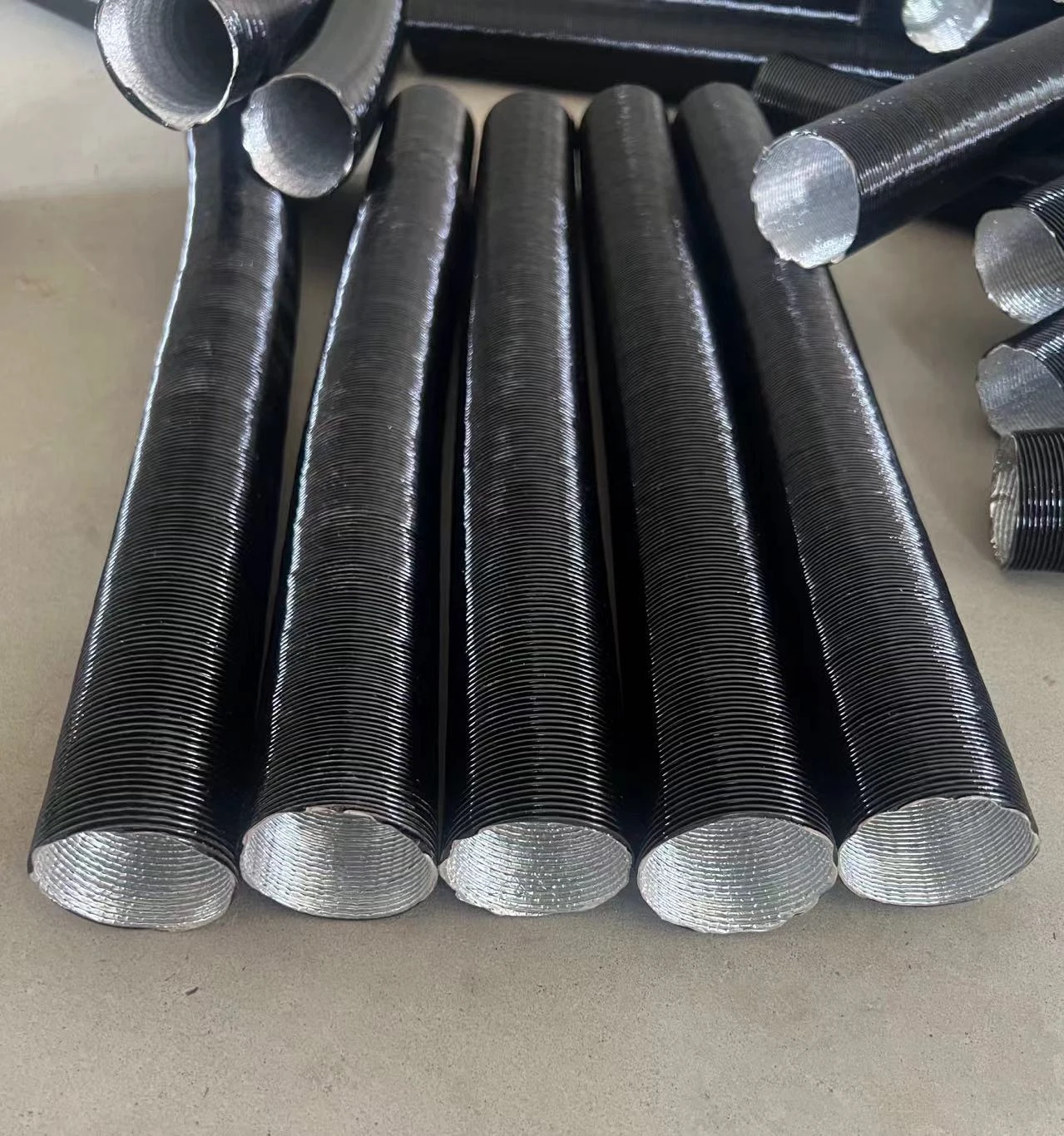Connecting PVC Pipe to Garden Hose for Efficient Watering Solutions
Connecting PVC Pipe to Garden Hose A Comprehensive Guide
In gardening and landscaping, the efficient transportation of water is crucial. One common method to achieve this is by connecting PVC pipes to garden hoses. This guide will walk you through the necessary steps, tools, and tips to create a secure and leak-free connection between these two types of plumbing.
Understanding the Basics
Before diving into the connection process, it’s essential to understand the components involved. PVC pipes are durable and resistant to corrosion, making them ideal for irrigation systems. On the other hand, garden hoses are flexible and convenient for maneuvering around plants and garden beds. However, despite their differences in materials and functionalities, they can be effectively connected to create a seamless watering solution.
Tools and Materials Needed
To connect PVC pipe to a garden hose, you’ll need the following tools and materials
1. PVC Pipe Choose the diameter that suits your watering needs. 2. Garden Hose Standard garden hoses typically have a 3/4 inch diameter. 3. Hose Adapter This is essential for bridging the gap between PVC and the garden hose. 4. PVC Cement For sealing the connections. 5. Pipe Cutter To cut the PVC pipe to the desired lengths. 6. Teflon Tape To ensure a watertight seal for threaded connections. 7. Wrench For tightening screws and fittings if necessary. 8. Measuring Tape For accurate measurements.
Step-by-Step Process
1. Measure and Cut the PVC Pipe
Start by measuring the length of PVC pipe you will need for your irrigation system. Utilizing a pipe cutter, cut the PVC pipe to the required length. Ensure your cuts are straight for a better seal.
Purchase a hose adapter that fits both the PVC pipe and the garden hose. The most common type of hose adapter has one end that connects to the PVC pipe (usually with a slip or threaded fitting) and the other end designed to attach directly to the garden hose.
connecting pvc pipe to garden hose

3. Connect the PVC Pipe to the Adapter
- For a slip connection Apply PVC cement on both the outside of the PVC pipe end and the inside of the hose adapter. Slide the adapter onto the PVC pipe and hold it for about 30 seconds to ensure it adheres properly. - For a threaded connection Wrap Teflon tape around the threads of the PVC pipe before screwing on the hose adapter. This tape will create a watertight seal, preventing leaks.
4. Attach the Garden Hose
Screw the garden hose onto the threaded end of the hose adapter or push the hose onto the adapter if it's a slip-fit model. Ensure that the connection is secure by tightening it, but be careful not to overtighten, as this could damage the threads or the adapter.
5. Test for Leaks
Turn on the water supply to your newly constructed irrigation system. Check for any leaks at the joint between the PVC pipe and the hose adapter. If you notice any leaks, tighten the connections or add more Teflon tape as necessary.
6. Secure the Setup
Depending on your garden layout, ensure that the PVC pipe is secured in place to prevent movement and potential disconnections. This might involve setting up brackets or stakes to hold the pipe steady.
Tips for Success
- Choose Quality Materials Invest in high-quality PVC pipes and connectors to ensure longevity and durability. - Temperature Awareness PVC can warp in extreme temperatures, so avoid direct sunlight if possible or use UV-protected materials. - Drain After Use If using in colder climates, ensure that water is drained from both the hose and PVC pipes to prevent freezing and cracking.
Conclusion
Connecting PVC pipe to a garden hose can significantly enhance your watering efficiency while providing a durable solution for irrigation. By following the steps outlined in this guide, you'll be well on your way to creating a reliable watering system that caters to your gardening needs. Happy gardening!
-
Unrivaled Performance and Applications of PU Pneumatic Hoses and TubesNewsJun.11,2025
-
The Transparent World of Industrial Tubing and Hosing SolutionsNewsJun.11,2025
-
The Intricate World of Pneumatic Conduits: Tubes and HosesNewsJun.11,2025
-
The Dynamic Landscape of Pneumatic Conduits: Unraveling Key ComponentsNewsJun.11,2025
-
The Diverse Applications and Significance of Transparent PVC TubingNewsJun.11,2025
-
High - Pressure Pneumatic Tubing and Systems: An In - Depth LookNewsJun.11,2025














